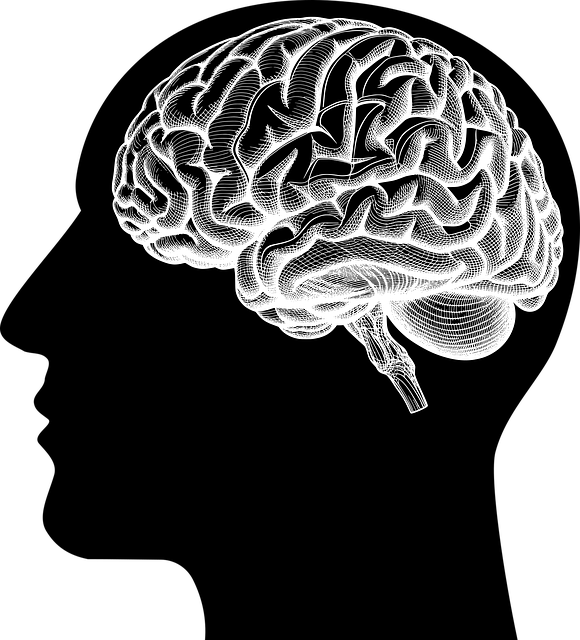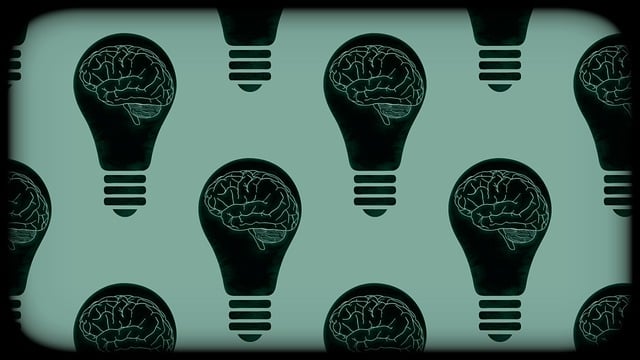Northglenn Dissociative Disorder Therapy employs the RFM (Resilience, Flexibility, Mastery) framework to strengthen clients' inner resilience. This approach teaches effective coping strategies and emotional regulation skills through structured exercises, addressing complex dissociative disorder dynamics. Integrating crisis intervention guidance within RFM allows for a holistic healing process, empowering clients to recognize and prevent crises, take control of their emotional well-being, and foster resilience in navigating life's challenges. By focusing on dissociation as a key factor in building resilience, Northglenn Therapy helps individuals develop adaptive behaviors for effective response to trauma and promotes overall mental health management.
“Unraveling the complexities of resilience is key to assisting individuals affected by dissociative disorders. This article explores the Revolutionary RFM (Resilience, Flexibility, and Mastery) framework, a powerful tool in Northglenn Dissociative Disorder Therapy. We delve into the science behind dissociation and its effect on an individual’s ability to cope. Through a step-by-step guide, we introduce building resilience through specialized exercises. Furthermore, we discuss the implementation of RFM strategies, highlighting benefits, challenges, and real-world applications in therapeutic settings.”
- Understanding RFM: A Framework for Resilience in Northglenn Dissociative Disorder Therapy
- The Role of Dissociation and Its Impact on Individuals' Resilience
- Building Resilience Through Specialized Exercises: A Step-by-Step Guide
- Implementing RFM Strategies: Benefits, Challenges, and Real-World Applications
Understanding RFM: A Framework for Resilience in Northglenn Dissociative Disorder Therapy

In Northglenn Dissociative Disorder Therapy, RFM (Resilience, Flexibility, and Mastery) serves as a powerful framework to enhance resilience among individuals grappling with dissociative disorders. This approach focuses on building inner strength by fostering effective coping mechanisms. Through structured exercises, patients learn to navigate their emotional landscapes more adeptly, thereby improving their ability to manage stressful situations. The RFM model encourages the development of communication strategies that allow individuals to express their needs and experiences, which is particularly crucial in addressing the complex dynamics associated with dissociative disorders.
By integrating crisis intervention guidance within the RFM framework, Northglenn Dissociative Disorder Therapy offers a holistic approach to healing. This involves equipping clients with tools to recognize and avert potential crises before they escalate. The ultimate goal is to empower individuals to take charge of their emotional well-being, fostering a sense of mastery over their lives and promoting resilience in the face of life’s challenges.
The Role of Dissociation and Its Impact on Individuals' Resilience

Dissociation, a complex psychological mechanism, plays a significant role in an individual’s ability to build resilience. Often associated with trauma and stress, dissociation involves a temporary detachment from reality or one’s emotional state. This defense mechanism allows people to cope with overwhelming situations, but it can also become a coping strategy in its own right, leading to dissociative disorders like that seen in Northglenn Dissociative Disorder Therapy. Understanding dissociation is crucial in the context of resilience because it reveals how individuals process and respond to challenging circumstances.
When left unaddressed, chronic dissociation can contribute to burnout prevention issues, as individuals may struggle to connect with their emotions, leading to a sense of detachment from themselves and their surroundings. Trauma support services emphasize that recognizing and managing dissociation is essential in fostering mental health and reducing the stigma associated with mental illness. By learning healthy coping mechanisms and engaging in exercises that promote reconnections, individuals can enhance their resilience and better navigate life’s challenges without resorting to dissociation as a primary response mechanism.
Building Resilience Through Specialized Exercises: A Step-by-Step Guide

Implementing RFM Strategies: Benefits, Challenges, and Real-World Applications

Implementing RFM (Resilience, Flexibility, and Mastery) strategies can significantly benefit individuals dealing with dissociative disorders, such as those seeking Northglenn dissociative disorder therapy. These approaches empower people to develop coping skills that enhance their ability to manage stress and anxiety, fostering a sense of control over their lives. By combining techniques like mindfulness, cognitive restructuring, and positive thinking, RFM strategies help individuals navigate traumatic experiences and build mental resilience.
One of the primary advantages is the development of adaptive behaviors, enabling people to respond effectively to challenging situations. However, challenges exist, particularly in maintaining motivation and consistency during therapy. Real-world applications involve integrating these strategies into daily routines, encouraging positive thinking, and practicing anxiety relief techniques. This holistic approach not only aids in managing symptoms but also promotes overall well-being, providing individuals with valuable tools for long-term mental health management.
Northglenn Dissociative Disorder Therapy offers a unique approach to building resilience through its RFM framework. By understanding dissociation and its effects, this therapy provides specialized exercises that can significantly enhance an individual’s ability to cope with life’s challenges. The implementation of RFM strategies has shown numerous benefits in real-world applications, helping clients navigate their symptoms effectively. While there are challenges, the power of RFM lies in its ability to transform lives by fostering resilience and overall well-being, as demonstrated in Northglenn Dissociative Disorder Therapy’s innovative practice.








